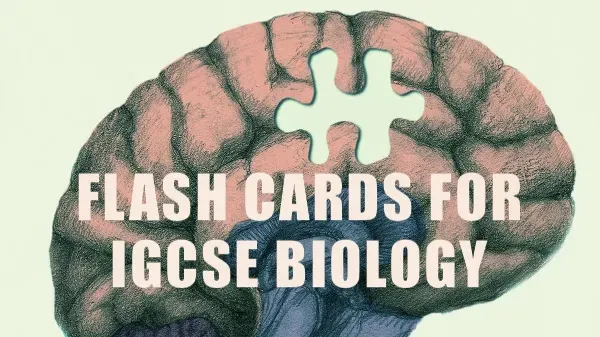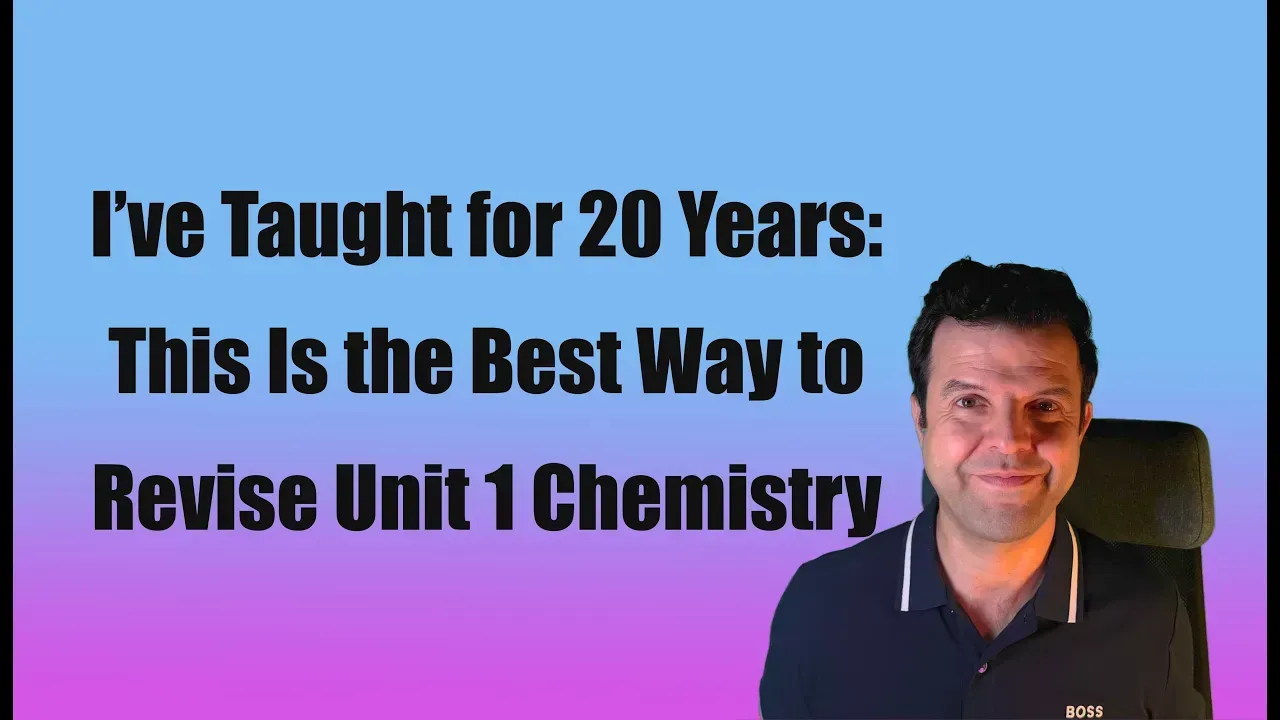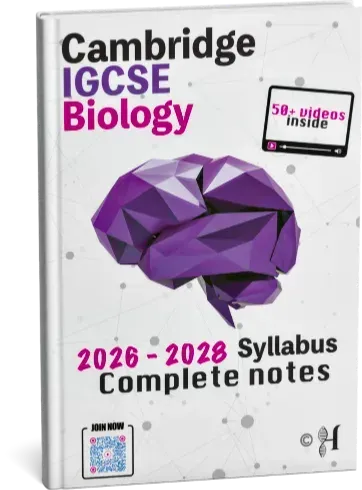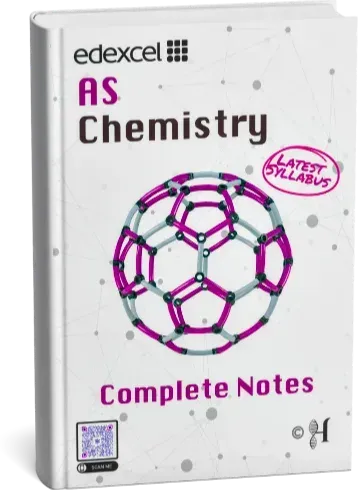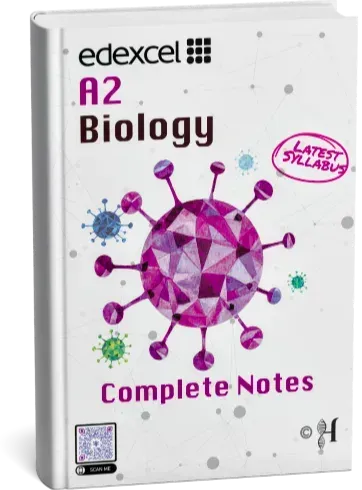Is Cambridge harder than Edexcel when it comes to IGCSE?
Read this before you choose an exam board in 2025

Let’s be honest: this question pops up in every Year 10 common room. The short version you’ve probably heard is this — Cambridge feels easier in the sciences, Edexcel is friendlier in Maths and English. But is that actually true, or just playground wisdom? The longer answer is more nuanced. It depends on the subject, how you learn, and the kind of exams you thrive in. Here’s what the evidence (and a fair bit of lived experience) suggests.
Quick Verdict
If you’re in a hurry: Cambridge IGCSE tends to be easier in the sciences because the exam mark scheme is more flexible and the questions push application and critical thinking. Edexcel, meanwhile, is often more accessible in Maths and English thanks to predictable formats and, outside the UK, modular options that let you split exams. Neither board is ‘better’ across the board. It’s about fit, not prestige.
What Do We Mean by ‘Harder’?
‘Harder’ isn’t a single thing. It’s a mix of factors you’ll actually feel day to day.
Curriculum breadth and depth
How much content there is, and how far it stretches into advanced ideas. Cambridge sciences usually go wider and a touch deeper.
Exam structure
Linear vs modular. Cambridge is typically linear: you sit all papers at the end, which concentrates pressure. Edexcel often offers modular pathways outside the UK, which can ease revision loads.
Question style
Are you recalling facts, or applying concepts in unfamiliar contexts? Cambridge leans into structured, higher-order questions, especially in science papers.
Tiering and grading
Both boards use tiering in some subjects, but the feel is different. Edexcel uses 9–1 grading; Cambridge uses A*–G. The perception is that Cambridge’s top-end marking can be stricter, particularly in sciences.
Marking rigour and grade boundaries
Top grades can be harder to secure on some Cambridge papers due to tighter mark schemes. Edexcel’s predictability can help strong students maximise marks.
Cambridge IGCSE Sciences: Why Many Find Them Easier and More Interesting?
Cambridge’s science courses (Biology, Chemistry, Physics) cast a wider net. You’ll see topics that set you up neatly for A Level, and the papers expect you to apply knowledge rather than just recite it. It’s not fluffy — you’re tested across multiple papers at the end, including extended responses and alternative-to-practical components. If you enjoy problem‑solving and don’t mind a bit of intellectual wrestling, this can be brilliant. If you prefer steady, predictable checkpoints, it can feel like climbing a hill in the rain.
Broader content and early stretch
You’ll brush against concepts that later come back at post‑16. It’s a nudge, not a shove, but you’ll notice the depth.
Linear end-of-course assessment
Everything lands at once. That concentrates revision — and nerves.
Higher‑order, application‑focused questions
More ‘why’ and ‘how’ than ‘what’. Expect multi‑step reasoning and unfamiliar contexts.
Tiered exams with tougher Higher content
Foundation vs Higher matters. The Higher tier pushes the ceiling; great if you’re aiming high, punishing if you’re wobbly on fundamentals.
Stricter marking at the top end
An A* isn’t handed out for neat working. You’ll need precision and the right scientific language.
Edexcel IGCSE Maths & English: Why They’re Seen as More Accessible
Edexcel’s appeal is clarity. In Maths and English, the formats are predictable, the command words consistent, and the mark schemes readable. For many students, that lowers the cognitive noise — you know what’s coming, roughly, and can train for it. Outside the UK, modular pathways help break the mountain into hills, which is kinder on the nerves.
Predictable formats and structured assessments
Fewer curveballs. Great for targeted revision and building exam confidence.
Mostly non‑tiered (except Maths)
A single paper for most subjects, mixing easier and harder items. You can pick up marks throughout.
Modular options (outside the UK)
Sitting units in stages spreads the load. Handy if your school calendar is packed.
9–1 grading and perceived rigour
More granularity at the top, but often seen as a touch less severe than Cambridge’s A*–G. Your mileage may vary.
Practical, structured skill focus
Especially in English and Maths, the emphasis is on clarity, method, and straightforward problem‑solving.
Side‑by‑Side Snapshot
| Subject area | Cambridge advantage | Edexcel advantage |
|---|---|---|
| Sciences (Biology, Chemistry, Physics) | Broader curriculum , emphasis on critical thinking, more challenging exam components | More accessible exam format for some learners; structure may feel clearer |
| Maths & English | Rigorous marking and higher‑order elements present in assessments | Predictable structure , practical focus, modular option available outside the UK |
Who Should Choose What? Matching Board to Learner Profile
If you’re the sort who loves digging into ideas, doesn’t mind a bit of ambiguity, and fancies STEM later on, Cambridge sciences might feel like home. If you prefer clear targets, tidy mark schemes, and steady progress — especially in Maths and English — Edexcel often plays to your strengths. There’s no shame in mixing boards either; lots of schools do.
Choose Cambridge if…
• You thrive on deep science content and application
• You’re aiming for science‑heavy A Levels or STEM pathways
• You’re comfortable with big end‑of‑course exams
Choose Edexcel if…
• You prefer clear, structured exam styles, especially for Maths/English
• Modular pacing (where available) would actually help your revision
• You like predictable formats and want to sharpen exam technique
University Recognition and Outcomes
Both boards are widely accepted internationally. Admissions teams care far more about what grades you achieved, the subjects you took, and the trajectory you’re on than which badge sits on the certificate. Pick the route that lets you perform consistently well — that’s the bit that moves the needle.
Common Myths and Nuanced Realities
‘Edexcel is always easier’. Not really. It depends on the subject, the paper, the cohort and, frankly, your teacher.
‘Cambridge guarantees better university outcomes’. Nope. Strong grades, solid references, and relevant subjects matter more.
Also worth saying: school context is huge. Good teaching, sensible pacing, and access to past papers can flatten even the spikiest syllabus.
Student Strategy: How to Decide and Prepare
Start with your strengths. If science labs and tricky ‘explain’ questions make you grin, Cambridge sciences are a fair bet. If you like neat methods and knowing the shape of what’s coming, Edexcel will feel calmer. Either way, look at specimen papers, skim the specifications, and talk to your teachers. Plan revision accordingly: practise higher‑order, application questions for Cambridge; drill formats and mark‑scheme language for Edexcel. Little and often beats heroic cramming the night before — you know this.
Insights from chembio by Hosni
A recent explainer echoes the general view: Cambridge is perceived as harder in sciences due to content depth and exam rigour (around 1:15–3:40), while Edexcel is favoured for Maths and English thanks to straightforward styles and modular options (about 4:00–5:20). It’s not gospel, but it aligns with what students report.
Conclusion
There isn’t a universal ‘harder’ here. There’s the board that fits how you learn and what you’re aiming for. If you align the choice with your strengths — and prepare smartly — you’ll be fine. Better than fine, actually.
References
- SWH Learning, ‘Cambridge vs Edexcel: Which IGCSE Science Course Is Right For You?’ (2025-07-18)
- Crimson Global Academy, ‘What’s the difference between Cambridge and Pearson Edexcel?’ (2024-05-17)
- Centaurus Academy, ‘IGCSE Exam Boards Compared: Cambridge vs Edexcel vs AQA’ (2024-11-17)
- TYCHR, ‘What should I take, Edexcel or Cambridge?’ (2023-10-16)
- Cambridge School Online, ‘Edexcel vs Cambridge IGCSE Explained’ (2024-03-13)
- YouTube, ‘Cambridge vs Edexcel IGCSE: WhichIsHarder?’ (2025-08-10)
Try a free Class
IGCSE and IAL Guide for 2025 - 2026 Exams







